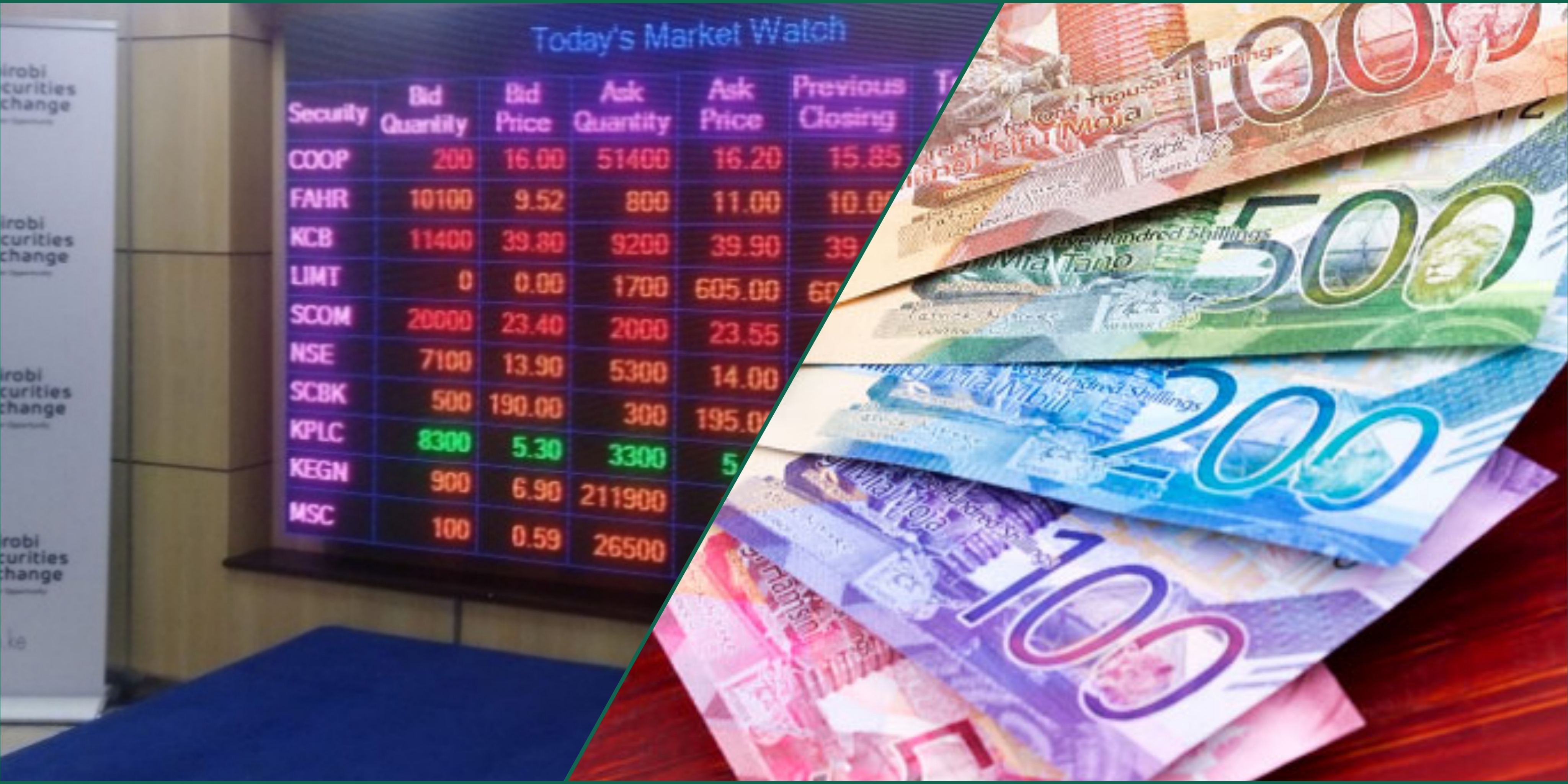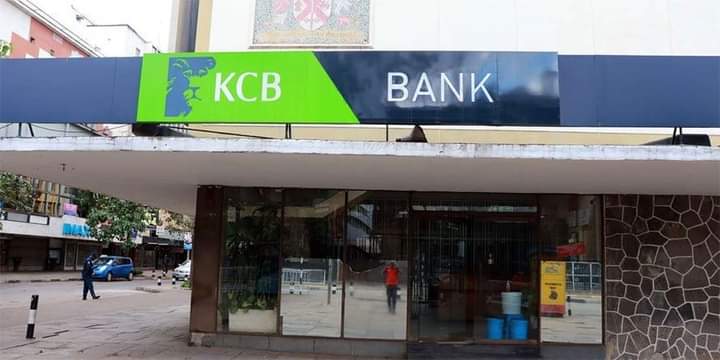Kenya’s capital markets kicked off the year on a positive note, with all indices at the Nairobi Securities Exchange (NSE) recording gains.
A weekly market bulletin by the Central Bank of Kenya (CBK) shows that investor wealth at the NSE rose by Ksh 24 billion, pushing market capitalisation to Ksh2.04 trillion.
Total shares traded increased by 62.5 percent, driving equity turnover up by nearly 50 percent with East Africa Portland Cement the biggest gainer, rising by 9.34 percent to Ksh30.45, ahead of its first dividend payout in 13 years.
AD

Treasury bills attracted the highest bids at Ksh71.2 billion, following a 50-basis-point cut in the base lending rate to 10.75 percent.
Central Bank of Kenya’s (CBK) decision to lower the benchmark interest rate to 10.75 per cent from 14 per cent last year continues to play a key role in boosting the stock market’s appeal.
The rate cut has made equities more attractive relative to fixed-income investments, encouraging investors to seek higher returns in the stock market.
Further, the inclusion of more NSE-listed firms, such as KCB Group and Co-operative Bank, in the Morgan Stanley Capital International (MSCI) Frontier Markets Index enhanced visibility and drew foreign capital into the market. Sectoral performance also contributed to the upbeat mood.
Telecommunications, banking, insurance, and energy stocks recorded strong gains, reflecting resilience in key areas of the economy.
Meanwhile, Foreign investors remained net sellers at the Nairobi Securities Exchange (NSE) in January, offloading shares worth Ksh1.04 billion and extending last year’s exit trend, which saw net outflows of Ksh2.3 billion
The continued selloffs are attributed to capital repatriation driven by higher interest rates in developed markets and uncertainty in emerging economies.
Despite this, foreign purchases in 2024 surpassed 2023 levels, signaling renewed investor confidence, with inflows doubling to Ksh44.8 billion.
Analysts note that easing dollar shortages and the strengthening of the Kenyan shilling have made it easier for investors to repatriate returns.
While foreign participation fell to a 21-month low of 35.49% in December, experts anticipate a rebound in 2025, supported by the shilling’s stability and Kenya’s increased presence in global investment indices.







